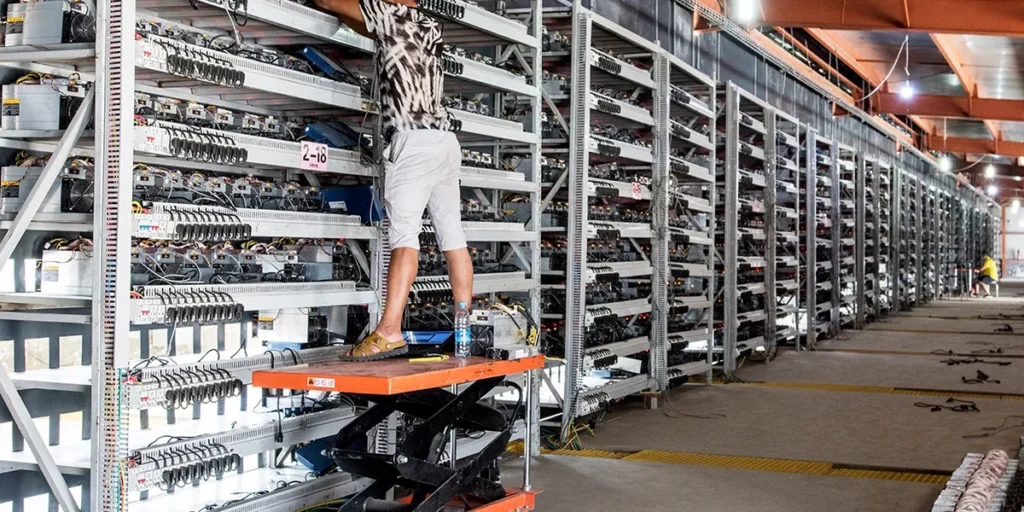Ethiopia has been attracting Bitcoin miners from China by offering extremely low electricity costs, establishing itself as the new mining refuge.

The most recent report indicates that Chinese Bitcoin miners have been relocating their operations to Ethiopia, an African country, due to the region’s exceptionally inexpensive electricity rates and the local government’s efforts to foster a crypto-friendly environment.
In 2022, Ethiopia, which has a stance against cryptocurrency trading, adopted Bitcoin mining, which is consistent with its objective of enhancing diplomatic relations with China.
Chinese companies, which were instrumental in the $4.8 billion Grand Ethiopian Renaissance Dam’s construction, will provide electricity to these miners, highlighting the expanding partnership between Ethiopia and China over the past decade.
Ethiopia Develops Into an Optimistic Location for Bitcoin Miners
Amidst worldwide opposition to the energy-intensive Bitcoin mining sector, Ethiopia has emerged as an unforeseen refuge, presenting a unique prospect for companies operating in the cryptocurrency industry.
Due to increasing concerns regarding electricity shortages and climate change, the industry, which generates an estimated $16 billion annually, is subject to scrutiny in numerous regions across the globe.
This further enhances the appeal of Ethiopia’s hospitable attitude.
Ethiopia in particular offers Chinese corporations a distinctive opportunity.
Chinese firms, which were previously dominant in the Bitcoin mining industry, now face intense competition from domestic competitors in Texas, the current industry hub.
Favorable conditions in Ethiopia present these businesses with an opportunity to regain their footing in the industry.
Nevertheless, this action entails substantial hazards for both the corporations and Ethiopia as a whole.
Prior endeavors to adopt Bitcoin mining in developing nations such as Kazakhstan and Iran encountered obstacles when the energy consumption of the sector incited domestic unrest.
Bloomberg quoted Jaran Mellerud, chief executive officer of Hashlabs Mining, as saying:
“Firstly, countries can run out of available electricity, leaving no room for miners to expand. Secondly, miners can suddenly be deemed unwelcome by the government and be forced to pack up and leave.”
Minorities in Ethiopia Are Wary
The Ethiopian government exhibits prudence in light of the controversial issues surrounding Bitcoin mining.
Mining is a sensitive subject since, despite recent increases in energy generation capacity, nearly half of the population lacks access to electricity.
However, this situation offers a substantial potential for generating foreign exchange earnings.
Globally, Ethiopia has also become one of the most significant purchasers of Bitcoin mining equipment, according to Luxor Technology, a provider of mining services.
Ethan Vera, the chief operations officer of Luxor, observed that although their first substantial dispatches of equipment to Ethiopia took place in September, the nation has since gained considerable recognition in the mining industry.
In addition, 21 Bitcoin mining companies have entered into electricity supply agreements with the state-owned utility.
Nevertheless, a significant proportion of these establishments are under Chinese ownership, highlighting the dominance of foreign investment in this particular sector in Ethiopia.
